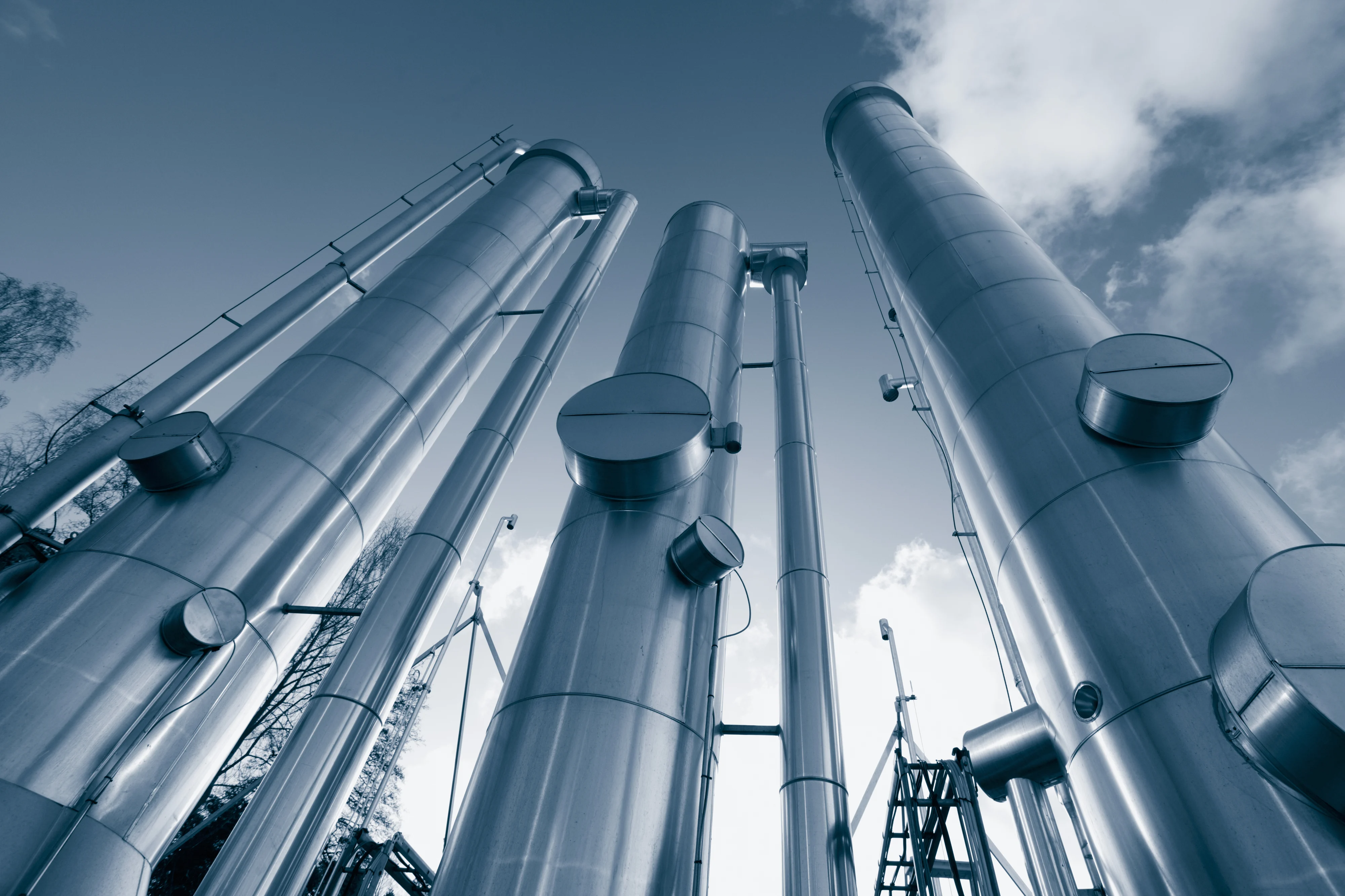Fastener Resistance for the Oil and Gas Industry
Exotic materials play a crucial role in the oil and gas industry due to the demanding and often harsh operating conditions encountered in exploration, drilling, production, and transportation processes. These materials offer several benefits that contribute to the efficiency, safety, and reliability of oil and gas operations:
- Corrosion Resistance: Exotic materials, such as high nickel alloys like Inconel, Monel, and Hastelloy, as well as titanium and duplex stainless steel, exhibit exceptional resistance to corrosion in harsh environments. This is particularly important in offshore and subsea applications where exposure to seawater, brines, acidic gases, and corrosive chemicals can rapidly degrade conventional materials
- High-Temperature Resistance: Many exotic materials, including nickel-based alloys like Inconel and Hastelloy, are capable of maintaining their mechanical properties at elevated temperatures. This makes them suitable for use in equipment exposed to high-pressure and high-temperature conditions, such as downhole drilling tools, wellheads, and processing equipment
- Strength and Durability: Exotic materials often possess superior mechanical properties, including high tensile strength, toughness, and fatigue resistance. This enables them to withstand the extreme stresses and pressures encountered in oil and gas operations, reducing the risk of equipment failure and ensuring long-term reliability.
- Lightweight: Materials like titanium offer a unique combination of high strength and low density, resulting in lightweight components that can reduce overall equipment weight. This is particularly advantageous in offshore platforms, where weight considerations are critical for structural integrity and cost-effectiveness.
- Compatibility with Harsh Environments: Exotic materials are engineered to withstand a wide range of harsh operating conditions, including corrosive fluids, high pressures, and abrasive environments. Their compatibility with these conditions helps minimize maintenance requirements, downtime, and the risk of costly equipment failures.
- Longevity and Lifecycle Cost Savings: By using exotic materials with superior corrosion resistance and durability, operators can extend the service life of equipment and infrastructure, reducing the need for frequent replacements and repairs. This leads to significant cost savings over the lifecycle of oil and gas assets.
- Regulatory Compliance: In many cases, regulations and industry standards require the use of specific materials to ensure the integrity and safety of oil and gas facilities. Exotic materials that meet these standards help operators comply with regulatory requirements and mitigate risks associated with equipment failure and environmental incidents.
Overall, the utilization of exotic materials in the oil and gas industry offers numerous benefits, including enhanced corrosion resistance, high temperature tolerance, improved mechanical properties, and long-term cost savings. These materials play a critical role in ensuring the integrity, reliability, and efficiency of oil and gas operations in some of the world’s most challenging environments.


